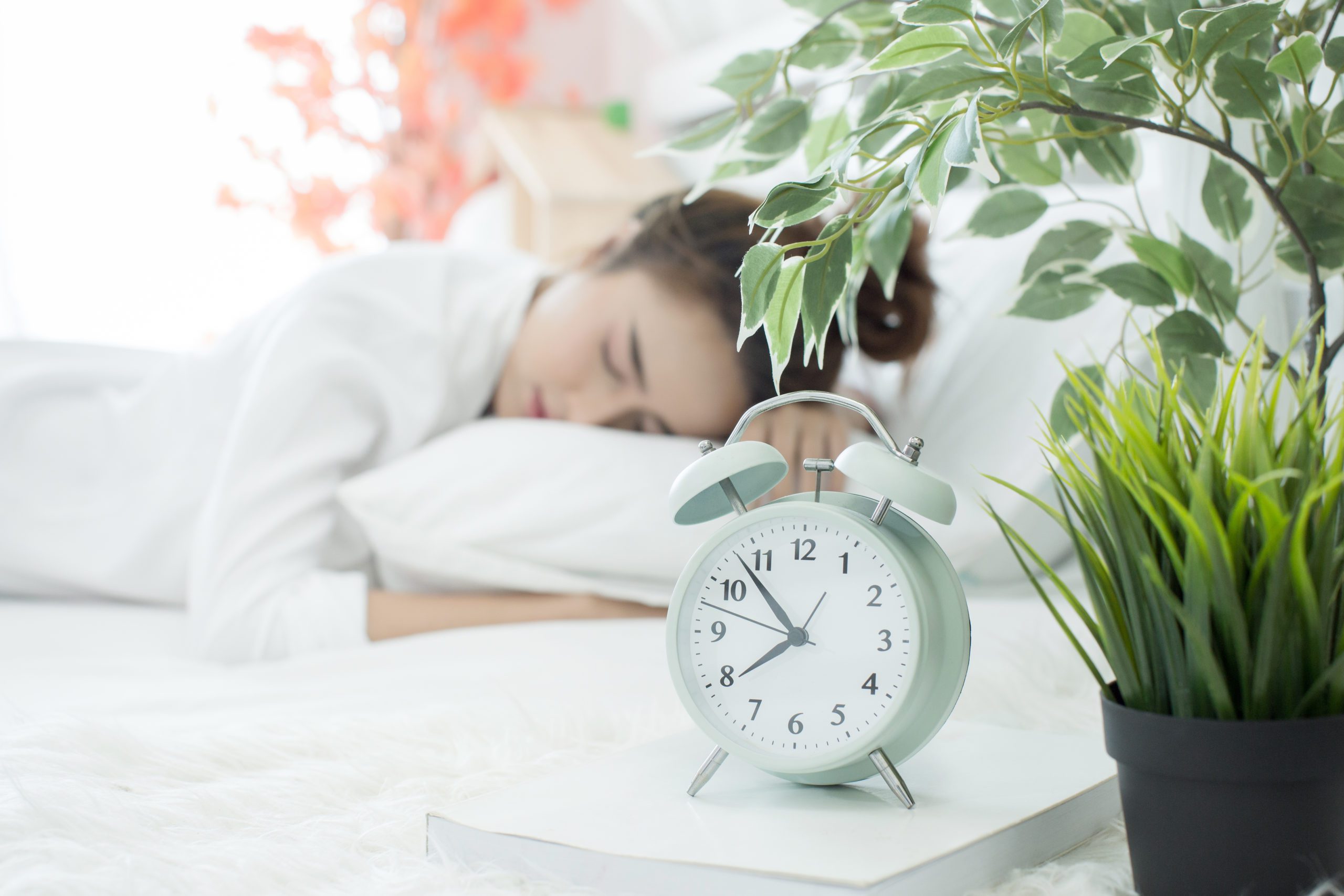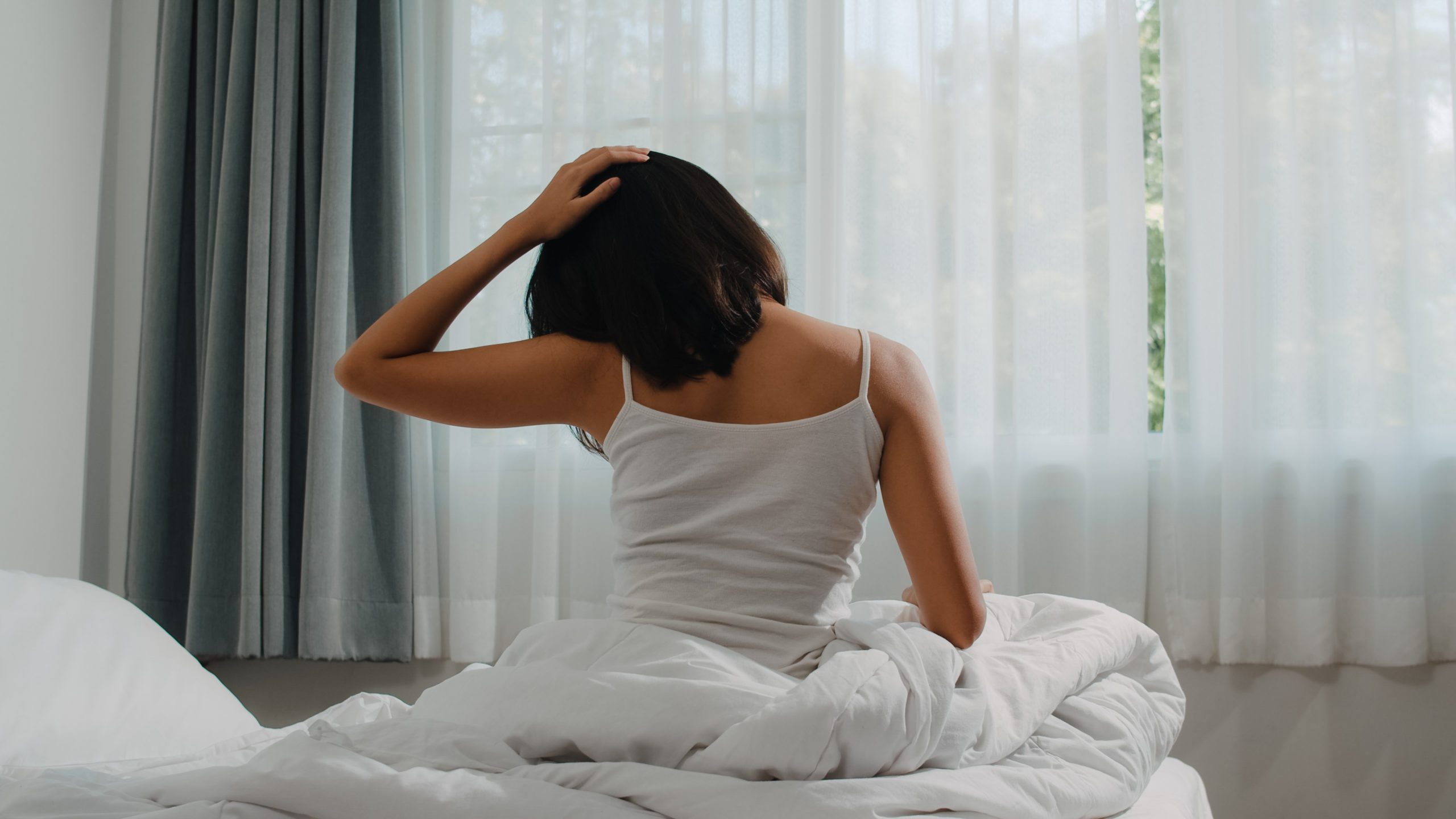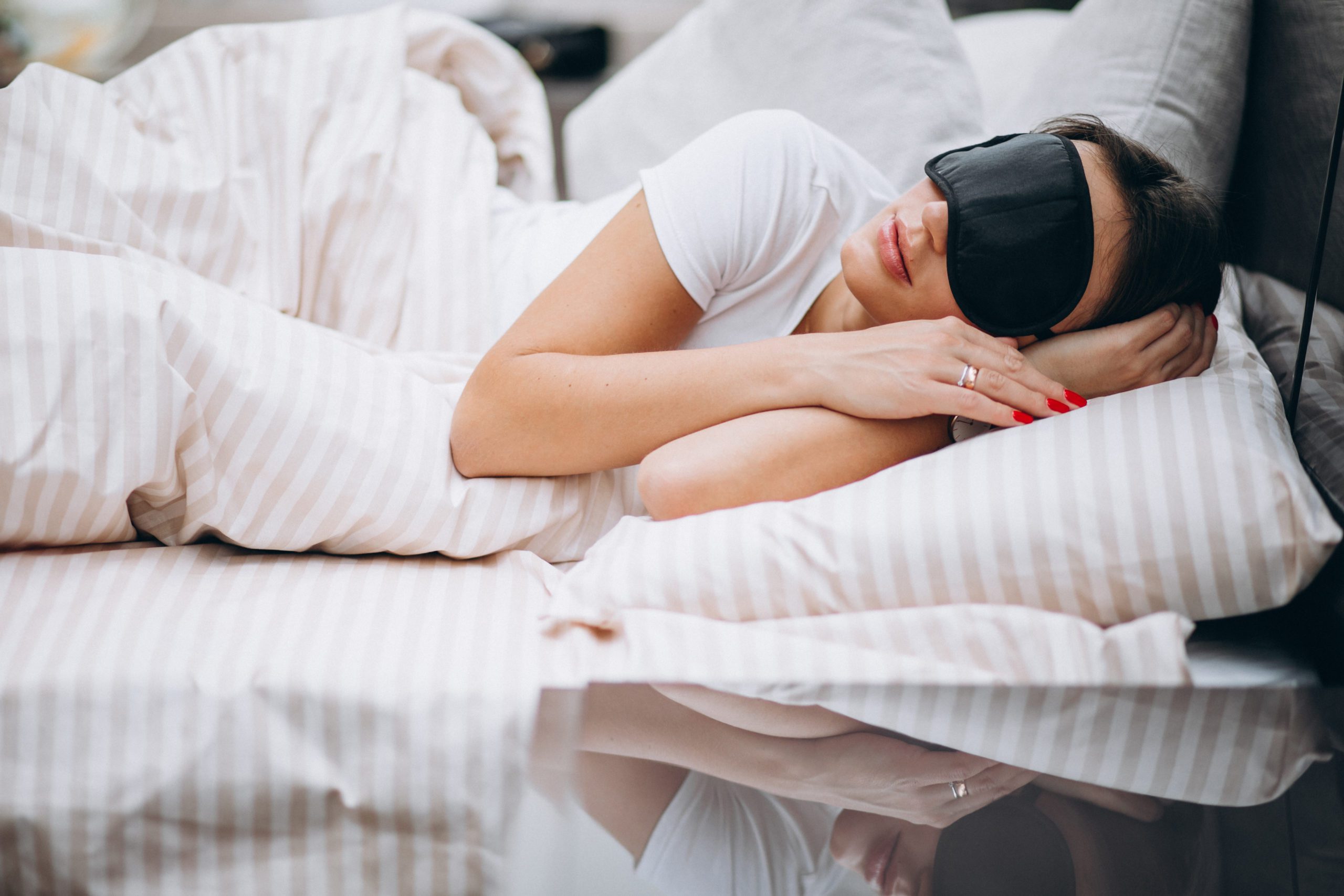
Sleep is a rare commodity in today’s society. Burning the midnight oil or simply the inability to get some shut-eye frequently puts a damper on our already-packed daily schedules. I mean, who has not experienced days of grogginess and irritability at work after burning the candle at both ends? True, skipping a few hours of sleep every now and then is not the end of the world. But, unfortunately, that happens more often than one might think; 35% of U.S. adults cannot hit the 7-hours-of-sleep mark, while the percentage alarmingly grows to 51% worldwide. Therefore, although some of us laugh at the “you can sleep when you’re dead” motto, its connotations should raise a red flag – without enough rest, only a grim future could ever lie on the horizon.
Sleep Deprivation? More Like Torture
It is surprising how many of us take sleep for granted. After all, sleep is not an activity that quickly takes us from evenings to mornings; on the contrary, the immune system uses sleep time to perform a host of regenerative functions vital for a healthy mind and body. Without sleep, the immune system loses the ability to regenerate, leading towards a shutdown of deep biological functions. Repeat the process for a few days, and widespread psychological failure will probably lead to death. As a reference, the longest span of sleep deprivation lasted 264 hours, but that is an extreme case. On average, even one sleepless night can throw us off balance. It’s no wonder why sleep deprivation had the reputation of an insidious form of torture.

Sleep Deprivation and Lifestyle Choices
Therefore, we are aware of sleep’s momentousness; yet, we sacrifice precious sleep hours without hesitation. Moreover, we find it harder and harder to rest appropriately, with our lifestyle choices as the main culprit. Disorganized diets, rich with saturated fats and sugar, together with late-night alcohol consumption, make us fall asleep twelve minutes late on average, unnecessary sabotage for those of us who already have a hard time falling asleep. Add a glass of wine into the equation, and you get worsened breathing problems and more bathroom trips when least needed. Finally, yet importantly, Twitter wars or Facebook comment exchanges get us all fired up and promote a feeling of wakefulness instead of drowsiness. Needless to say, we know how to complicate our relationship with sleep.
How Much Sleep Do We Actually Need?
Proper sleep patterns are an individual matter since we do not share the exact sleep needs. After all, we all have that one friend who is just nonstop and the one who can easily sleep until noon. Of course, genetic, behavioral, and environmental factors have a saying in this equation as well. Nevertheless, a minimum of seven hours of sleep per day definitely is “a step in the right direction.”
Through consistent research, scientists came up with a sleep timetable, tabulating proper sleeping patterns for all age groups:
- Newborns, 0 to 3 months: 14 to 17 hours.
- Infants, 4 to 11 months: 12 to 15 hours.
- Toddlers, 1 to 2 years: 11 to 14 hours.
- Preschool children, 3 to 5 years: 10 to 13 hours.
- School-age children, 6 to 13 years: 9 to 11 hours.
- Teenagers, 14 to 17 years: 8 to 10 hours.
- Young adults, 18 to 25 years: 7 to 9 hours.
- Adults, 26 to 64 years: 7 to 9 hours.
- Older adults, 65+ years: 7 to 8 hours.

What Happens When We Do Not Sleep Appropriately?
Tabulating all the side effects of sleep deprivation is a mountainous task. After all, the whole body suffers in unison, both mentally and physically. In the short run, lack of alertness, excessive daytime sleepiness, impaired memory, and a greater likelihood of car accidents make up the side effect shortlist. We start to feel disengaged, antsy, and unwilling to connect with others; even the most meaningless actions can set us off and strain our relationships with our loved ones. Furthermore, through lack of focus and less attention to detail, our productivity levels will suffer consequently.
A good night’s sleep will dispel these side effects and restore peace to the mind and the body. But what happens when you lose count of your sleepless nights? Shorting ourselves on shut-eye for weeks or months, together with the long-term medical issues it causes, is no joke. Study after study has linked chronic sleep deprivation with:
- increase in cortisol (stress hormone)
- premature wrinkling
- dark circles under the eyes
- high blood pressure
- diabetes
- heart failure
- stroke
- obesity
- depression
- immunity impairment
- lower sex drive
We only need to glance at this list, and we already get goosebumps. It is hard to believe such a seemingly unimportant aspect of our lives can affect us manifold. Therefore, since “a pill for every ill” has no chance to cover such a variety of medical issues, how do we escape the snares of sleep deprivation?
Recovering from a Long Sleepless Span
With so many short and long-term side effects of sleep deprivation, searching for a remedy is only logical. After all, recovering from chronic sleep deprivation restores the immune system, balances weight, boosts mental well-being, increases fertility and sex drive, and wards off unwanted diseases such as type 2 diabetes. Unfortunately, however, the road to recovery presents no instant gratification; the more in debt you are to your sleep, the more you have to rest.
Therefore, do not be surprised if you beat the ten-hour sleep mark for the first few days; that is just your immune system getting back on its feet. However, once you get your sleeping patterns in order, the body will allow you to wake up earlier and earlier, and you will feel refreshed, energetic, and full of life!





0 Comments